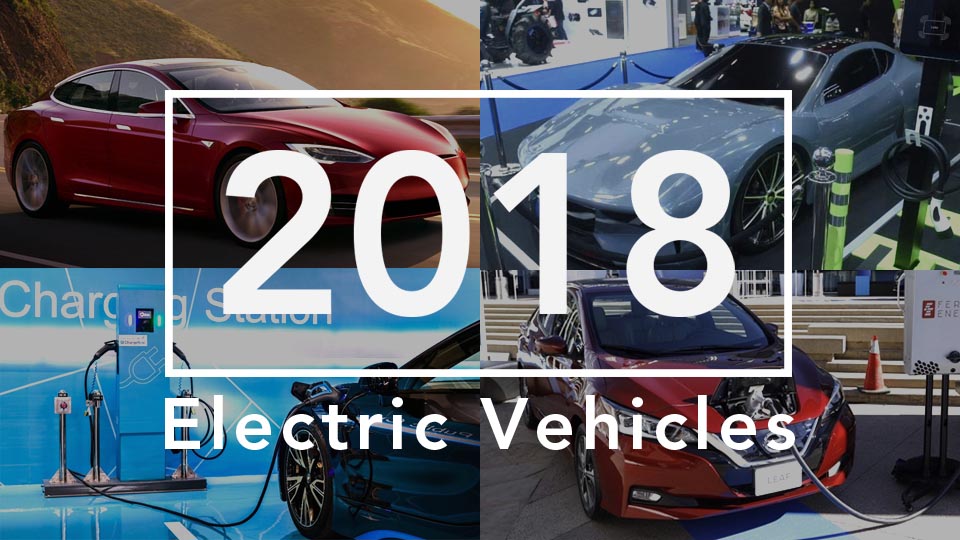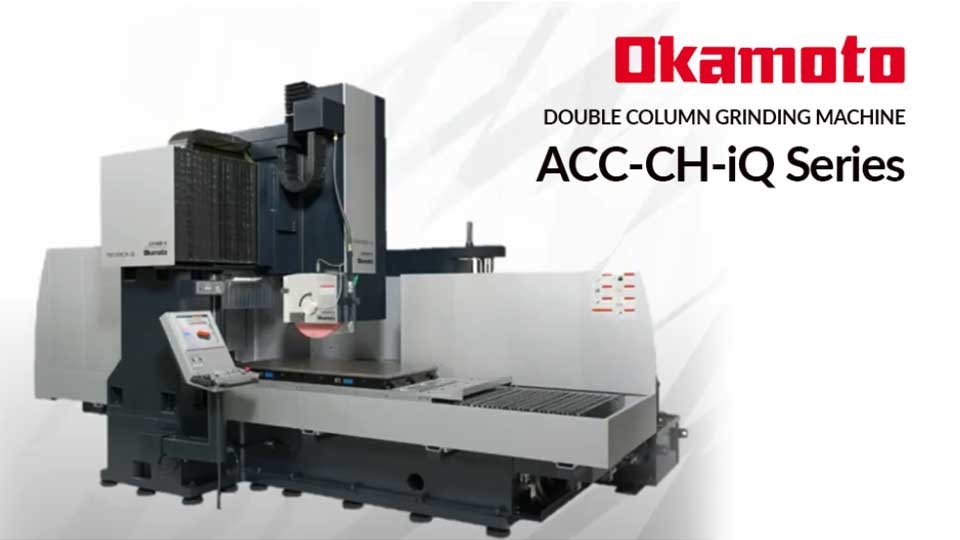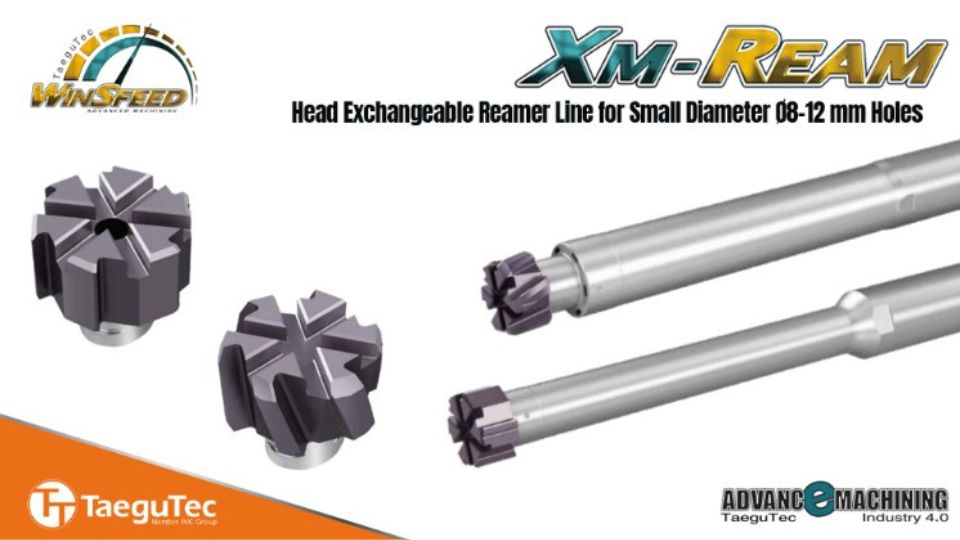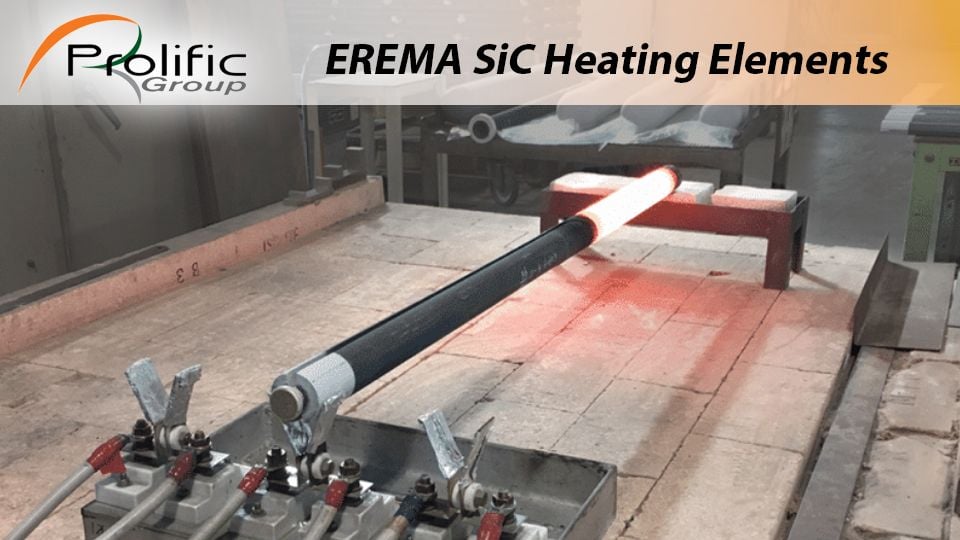
2018: Achievement Year of Electric Vehicles
While car makers around the world have been turning away from engines run on “gasoline/petrol” to those run on electricity as to “reduce air pollution and greenhouse gas emissions" by adjusting their plans to manufacture more electric vehicles (EV). The year 2018 was considered a huge step to the electric car era as many car manufacturers began to launch their official models of electric-powered vehicles into the market.
2018: Achievement Year of Electric Vehicles
In 2018, it was clearly seen that automotive makers around the world are aware of the introduction of electric cars to the market. Such supercars manufacturers as Ferrari and Porsche have turned to produce electric supercars while other car makers such as Mercedes-Benz, Volkswagen, Mitsubishi, Toyota, GLM, Mazda, Honda, Ford, and Nissan have prepared to start the production of electric cars in full capacity in 2018.
Thailand also saw a similar trend. The Energy Absolute Public Co., Ltd. (EA) launched "MINE Mobility," a prototype full-powered electric car designed and developed by a Thai R&D team. Also, the Provincial Electricity Authority subsidiary or PEA ECOM International Co., Ltd. cooperated with the electric vehicle manufacturer FOMM Asia Co., Ltd. to be the first distributor of electric cars in Thailand by promoting the sales of the compact EV car, the smallest car model in the market for the new generation.
In addition, we will continue to see continuous movements and developments of electric vehicle models in other areas. In 2018, the Japanese government launched "ItoP" plastic electric car, which is manufactured using more plastic. Funai started using resin for the interior of the electric car and integrated automotive electric technology into social applications such as building mobile police stations which patrol the city, accept fine payment for those who receive tickets, and serve more than 30 other services. Another example was from the giant US-based company like Tesla, which already ran electric pickup truck experiments for logistics use.
Development of Batteries: the “Heart” of Electric Cars
The development of electric cars must be coupled with the development of batteries; thus, there has been substantial cooperations between the two industries in 2018. For example, Honda and GM developed electric car batteries together, while Toyota chose to utilize Panasonic batteries for their vehicle developments as well as planned to establish a production plant in Thailand to reduce imports from Japan and to deal with its insufficient production capacity in order to meet its global demands. Tesla also announced to build a Gigafactory, which will be the world’s largest electric car battery manufacturing plant, while BMW announced to build a high-voltage battery assembly plant in Thailand to meet the needs of the ASEAN electric vehicle market. At the same time, Mitsubishi invested over 6 billion baht to build a battery factory in Thailand so that Thai people can use electric cars soon.
Building More High Power Charging Stations to Support Electric Vehicle Use
Innovative charging stations for plug-in vehicles and electric cars have continuously been developed by Porsche, who offered a digital "power charging station" so that it would be compatible with digital networks. It is fast, easy and covers all the requirements related to the charging process. This has been operated in Germany, Austria, Switzerland, Denmark, Netherlands, Belgium and Finland and will be expanding the network to other countries starting from the end of 2018.
Polytechnology Co., Ltd. in cooperation with BMW Group (Thailand)’s ChargeNow has extended the network of public charging stations for electric and plug-in hybrid cars by adding three stations in the heart of Bangkok, namely, at Central World, Gaysorn Village and SO Sofitel Bangkok Hotel after having installed and opened two electric charging stations at Crystal Design Center and Terminal 21 Shopping Center.
At the same time, Mercedes-Benz Thailand announced, in the end of the third quarter, that it was ready to expand its network of the electric and plug-in hybrid charging stations with over 63 stations in the first phase, three of which would be at leading hotel chains in Thailand, including Marriott International, Minor Hotels and Hilton. This is to reinforce the brand image of the number one electric vehicle brand under the EQ - Electric Intelligence by Mercedes-Benz.
The US-China Trade War Widely Hit the EV Industry
The trade war between the United States and China has affected widely throughout 2018; this included the German automobile industry as China was its major export market. It was predicted that this trade war would affect the production of electronic parts of vehicles as well. For example, Japan, who exported electronic parts to China to produce a number of products to be exported to the United States, reported that its economy in the industrial sector in October of 2018 fell by 1.1%. The company like Sumitomo Electric considered moving its production base of automotive wiring out of China and aiming to set up plants in Thailand or the United States instead. Among these situations, the European Union (EU) wanted to have multilateral negotiations on reducing "import car tax" between the world's major automobile exporters to alleviate tensions brought about by the trade war.
The Impact of "Ghosn Shock" on the EV industry
The big news in 2018 that had an impact on the electric car industry around the world, like the arrest of Mr. Carlos Ghosn, the former president of Nissan, became a major concern for the electric car industry, especially about the risk that the raw material industry is likely to slow down the support of automotive manufacturers.
Currently, both east and west car manufacturers are rigorously developing electric vehicles. However, the battery developments still do not conform to the same standards, which greatly affect the materials manufacturers. It is highly expected that car makers will be able to develop the battery conforming to the same standards to make an appropriate supply chain management possible.






